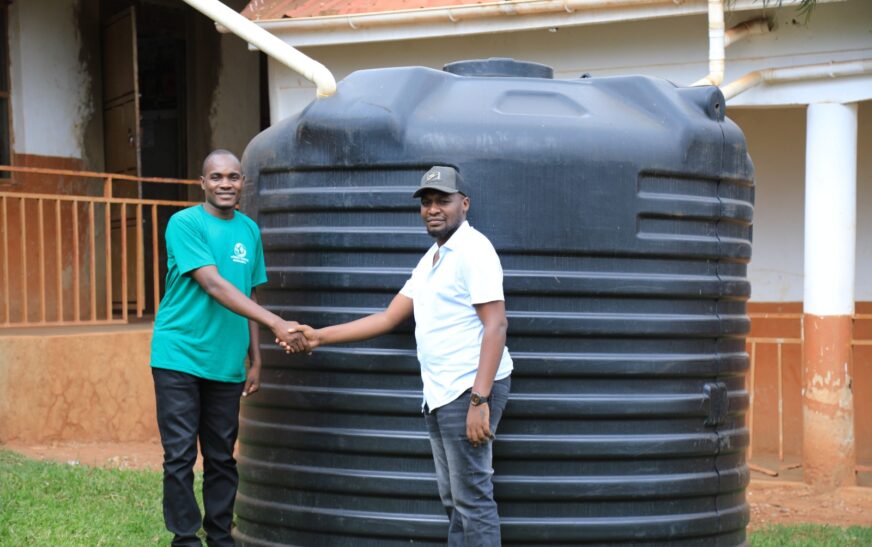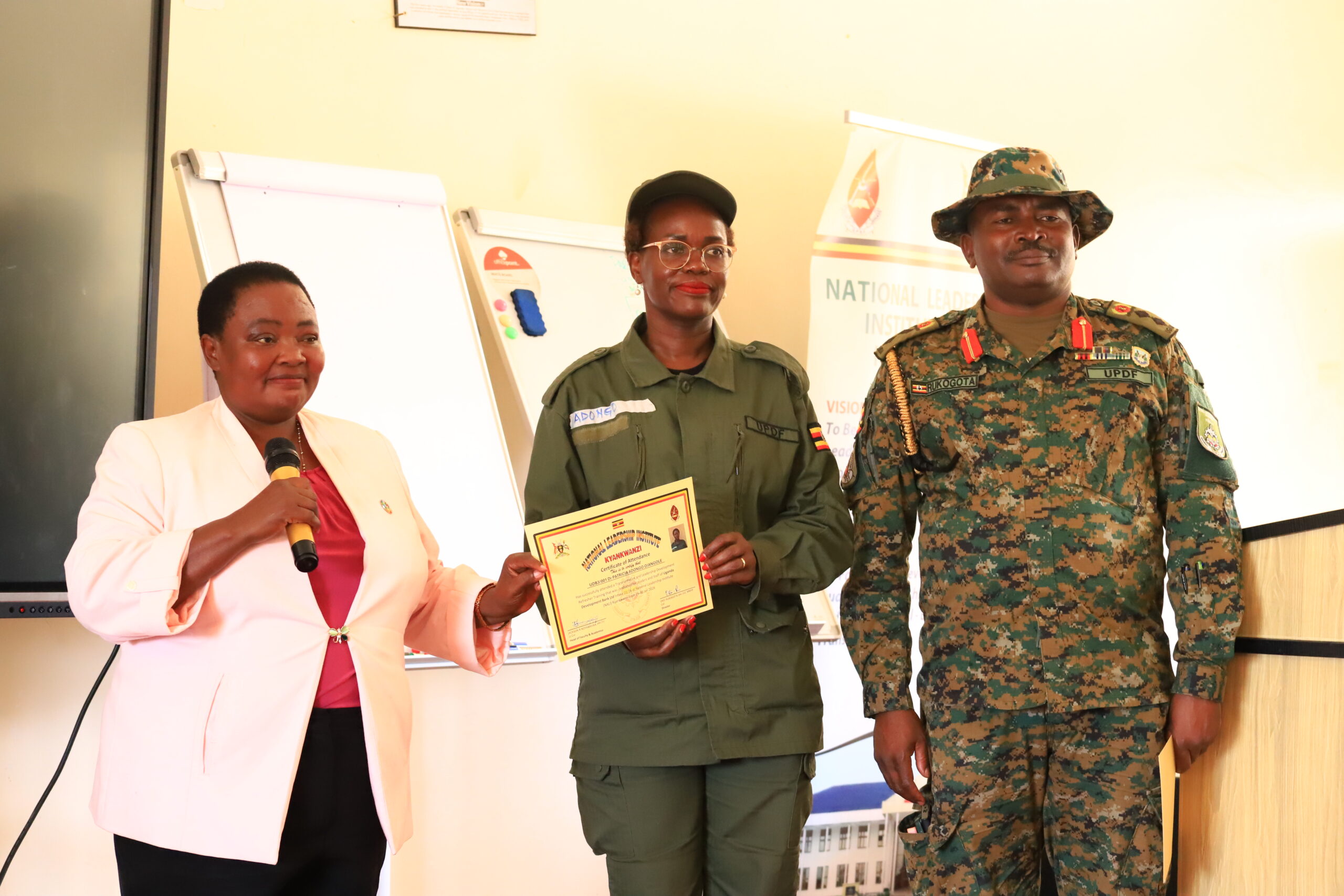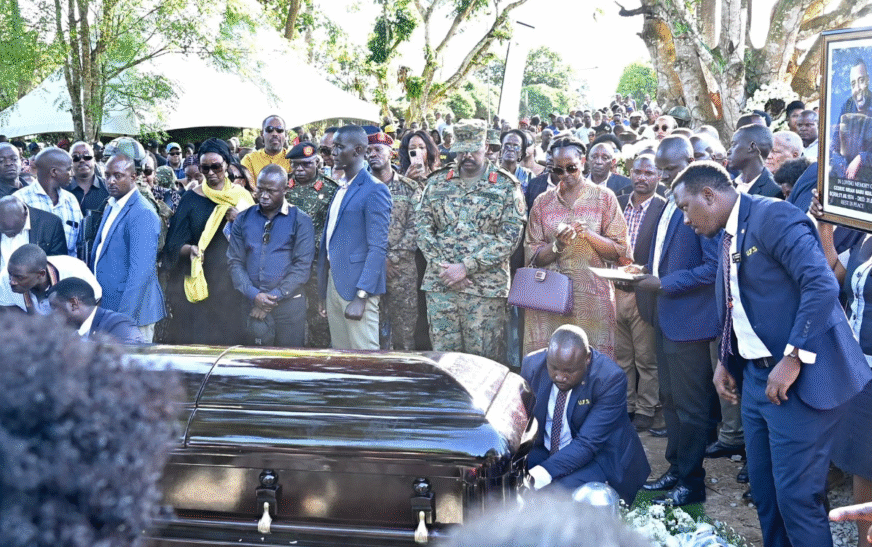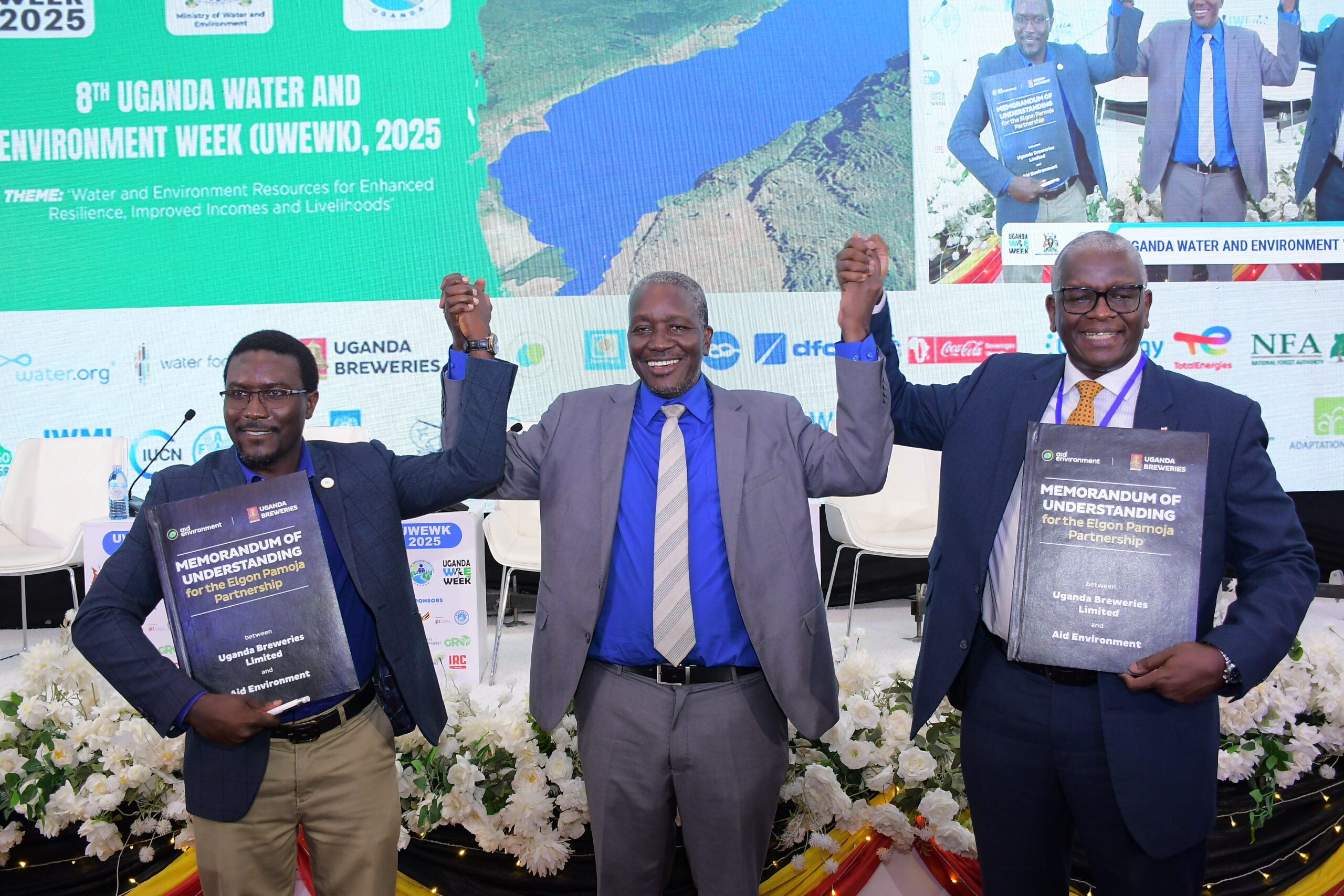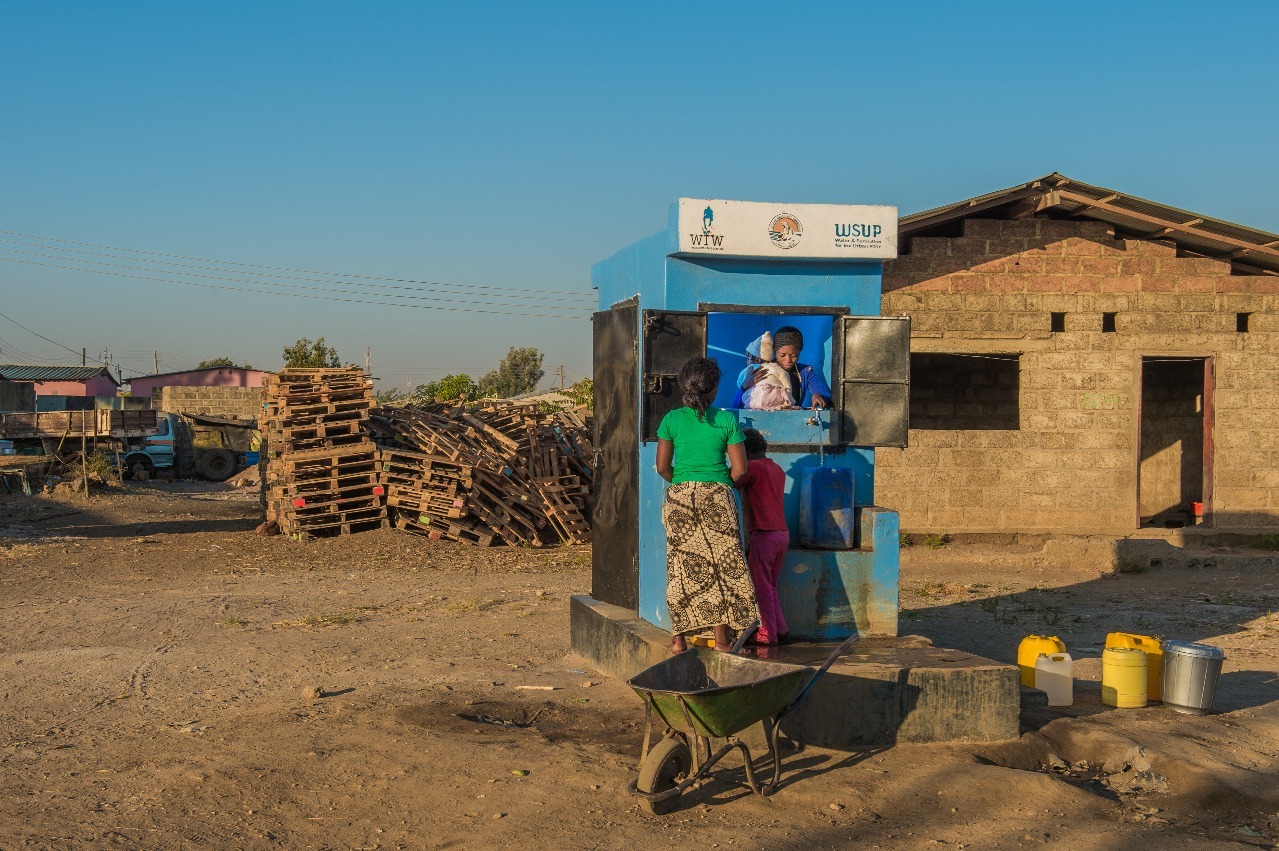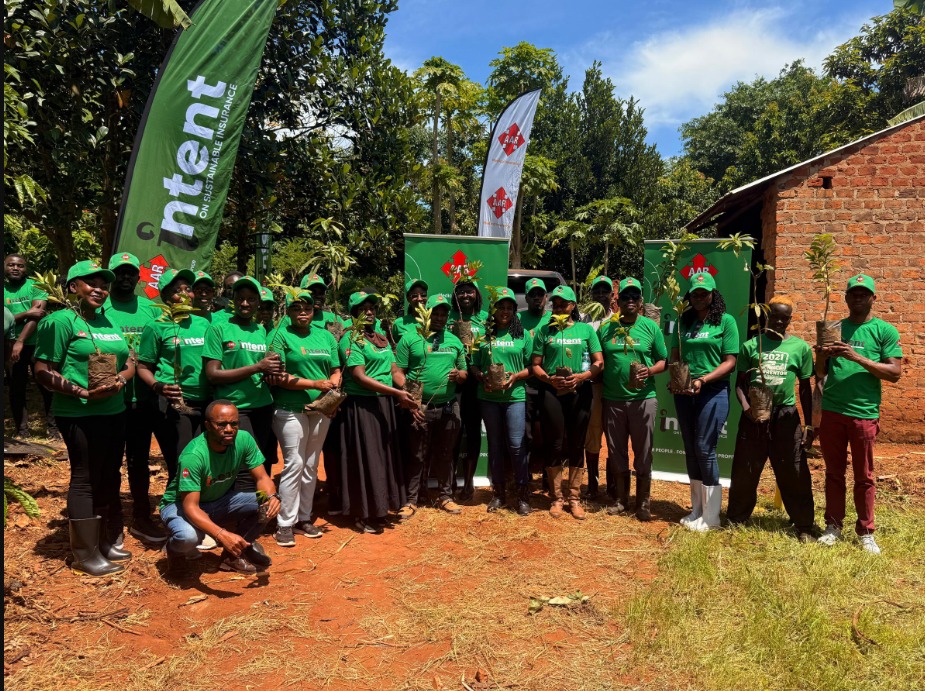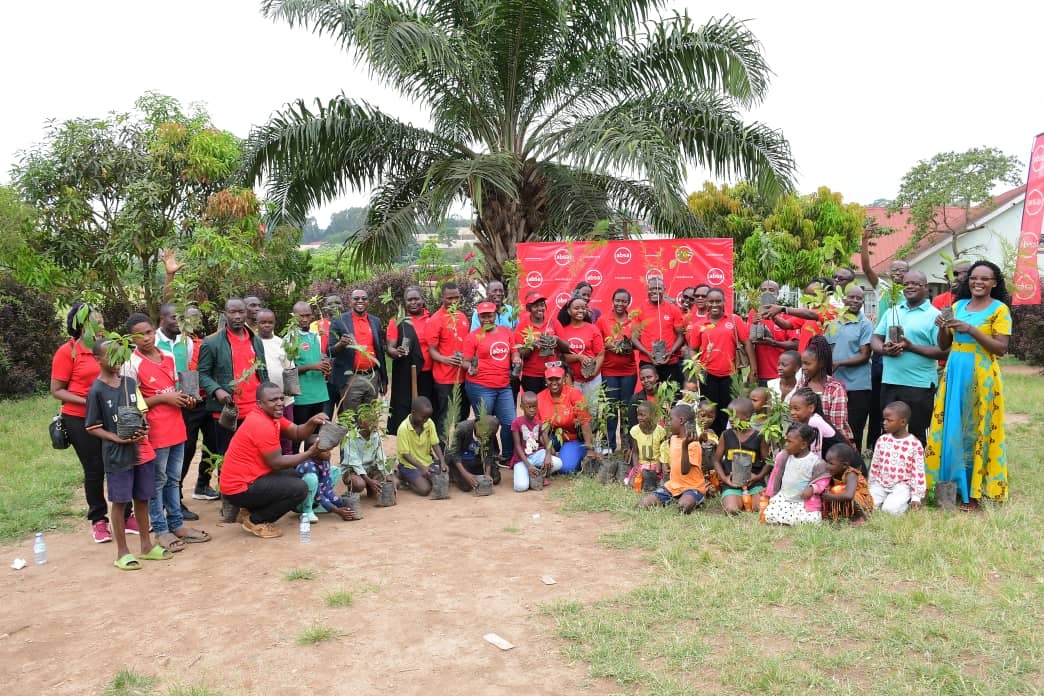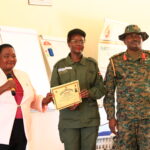In a bold move to counter Uganda’s worsening water crisis, Africa Climate Resilience (ACR) has committed $150,000 to provide 275 water tanks across drought-stricken districts, boosting access to clean water, improving hygiene, and strengthening community resilience against climate change.
This donation is part of ACR’s broader wastewater management initiative, which is transforming life in semi-arid and remote regions.
The program is focused on districts such as Rakai, Mbarara, Nakaseke, and Isingiro—areas where erratic rainfall and extended droughts have left thousands struggling with water scarcity.
“We’ve so far distributed 275 tanks, worth a total of $150,000, in Uganda’s most water-stressed areas like Rakai, Mbarara, Nakaseke, and Isingiro,” shared Julius Kitone, Executive Director of Africa Climate Resilience.
Kitone emphasized the organization’s long-term vision: “We collaborate with communities, governments, and ecosystems to build resilience, foster sustainable development, and secure a climate-resilient Africa for generations to come.”
The tanks—some holding up to 5,000 litres—are complemented by handwashing stations and rainwater harvesting systems, forming an integrated infrastructure to improve public health and water access.
For residents like 62-year-old Noeline Nakuya from Magabi Kiteredde village in Rakai, the change has been dramatic.
“I used to suffer from severe water shortages during the droughts between June and September, and again from January to mid-March. But now, that struggle is behind me,” she said. Access to stored rainwater now supports her household needs and livestock, including cows, goats, and pigs.
Rosette Kakyala, another villager, highlighted the financial impact.
“I used to spend over $2,000 annually on water bills. But since ACR installed a 5,000-litre water harvesting system for me, I no longer pay for water,” she explained. Now, she uses the stored water for household needs, irrigation, and even earns extra income by selling the surplus.
ACR experts say the benefits of the initiative go beyond immediate relief. Dr. Fred Alinda, Climate Change Specialist and Director of Innovation and Research at ACR, stressed its broader impact.
“Our rainwater management project hasn’t just improved daily life—it’s also helped boost agricultural productivity,” he said.
Local leaders have praised the initiative. Michael Yiga, a welfare officer on the local council, pointed to the economic realities facing many residents.
“Most families live hand-to-mouth and can’t afford to invest in water harvesting systems. This support has lifted their productivity through reliable water access,” he noted.
In addition to water tanks, ACR has distributed 5,000 fruit trees to promote food security and reforestation in communities hit hardest by climate change.
While Uganda remains a focal point, Kitone confirmed that ACR has ambitions to expand.
“This initiative doesn’t stop in Uganda. We’re planning to scale it to Northern Tanzania, South Sudan, Somalia, and Kenya,” he said.
Research by ACR reveals over 230 million Africans face water shortages, 4.1 million hectares of forests disappear annually, and severe droughts have surged by 30% over the last 30 years—making efforts like this more crucial than ever.
With 275 tanks already deployed and a community-centered approach, ACR’s work isn’t just about providing water—it’s about empowering communities for a sustainable, climate-resilient future.

